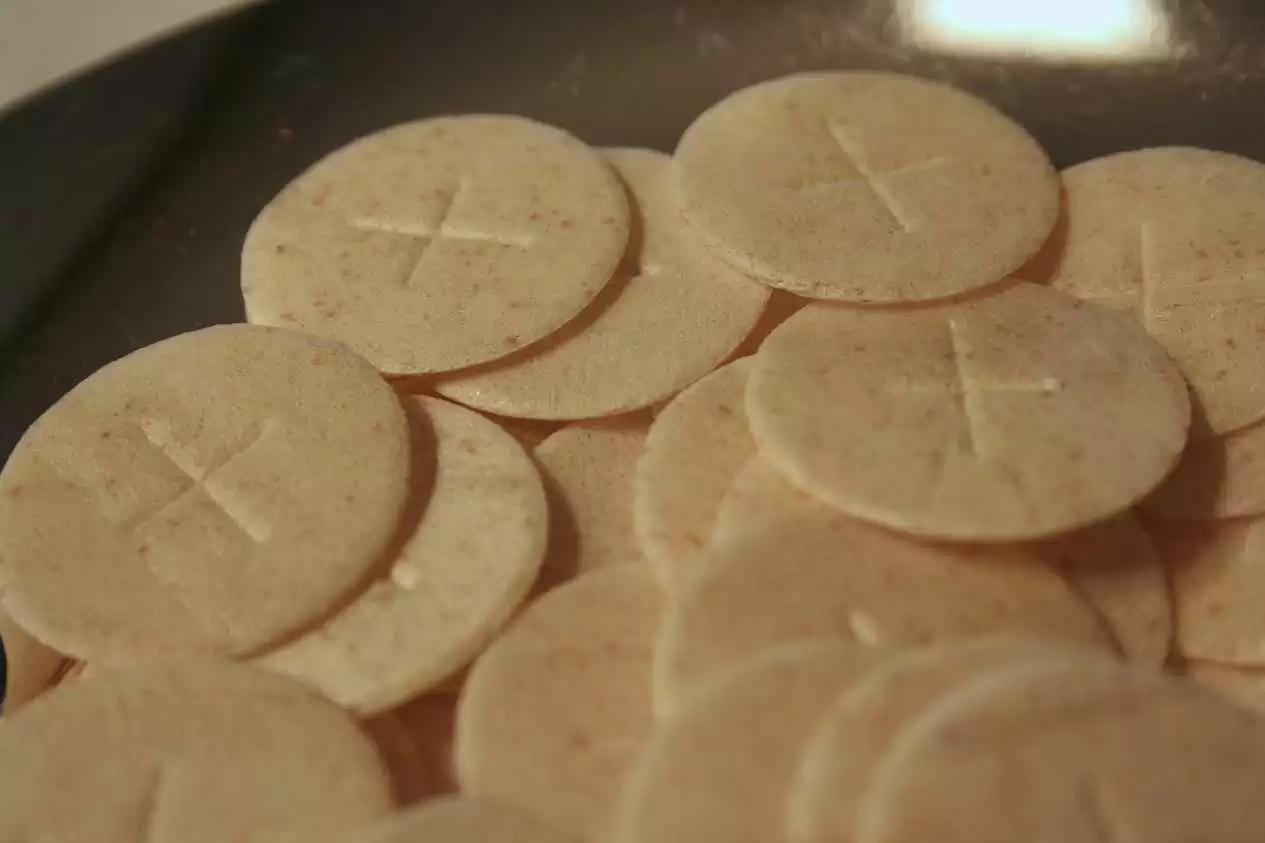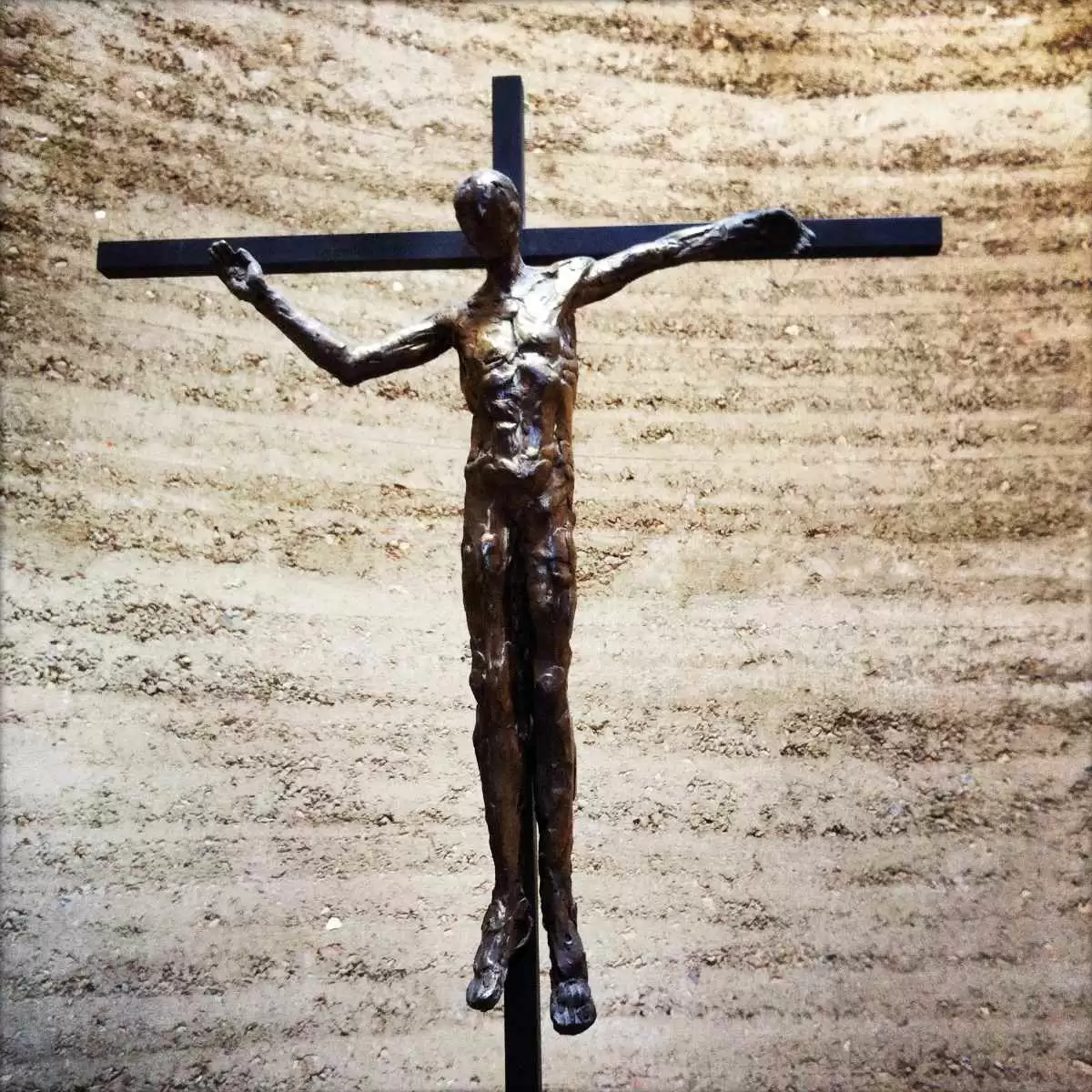
Celiac.com 02/12/2025 - The Church of England’s recent decision to uphold its traditional guidelines on holy communion has sparked discussions about inclusivity, particularly for those with celiac disease, gluten sensitivity, and alcohol intolerance. While the Church maintains that individuals unable to consume standard communion elements can still fully participate in the sacrament, this ruling has raised concerns among some clergy and worshippers who feel excluded from full participation in the ritual. This article explores the implications of the decision, its historical and theological context, and what it means for those who follow a gluten-free or alcohol-free lifestyle.
The Church’s Stance on Communion Elements
Holy communion, also known as the Eucharist, is a central sacrament in Christian worship, commemorating the Last Supper of Jesus Christ. According to the Church of England’s official guidelines, communion bread must be made from wheat flour, and the wine must be fermented grape juice. This position aligns with long-standing Church doctrine, emphasizing the use of traditional elements.
Celiac.com Sponsor (A12):
Recently, clergy and congregants raised concerns about accessibility, particularly for individuals who cannot consume gluten or alcohol due to medical conditions. Some proposed allowing gluten-free wafers and non-alcoholic wine to be used in the Eucharist. However, church leaders ruled against the request, stating that:
- The use of completely gluten-free wafers would contradict canon law, as non-wheat alternatives do not qualify as “bread.”
- Non-alcoholic wine is not permissible because fermentation is an essential process in creating wine, and removing alcohol nullifies this transformation.
- Those unable to consume standard communion elements can still receive the sacrament spiritually or by partaking in one element alone (either the bread or the wine).
The Impact on Individuals with Celiac Disease and Gluten Sensitivity
For individuals with celiac disease, even trace amounts of gluten can cause severe health complications. While the Church of England does allow “low-gluten” wafers—containing small amounts of gluten—these may still pose a risk for those with high sensitivity. Some individuals with celiac disease or gluten intolerance may feel uneasy about participating in communion under these conditions.
The Church’s ruling means that worshippers with gluten intolerance face three choices:
- Receive a low-gluten wafer, if tolerated.
- Take communion in one kind, meaning they only receive the wine.
- Receive a blessing instead of communion as a form of spiritual participation.
While the Church emphasizes that taking communion in one form is still valid, some worshippers feel this does not offer the same full experience as receiving both elements. For those who view the Eucharist as a deeply personal and communal act, these limitations may be difficult to accept.
The Challenge for Alcohol-Intolerant Worshippers
The decision to prohibit non-alcoholic wine also affects those who struggle with alcohol consumption, including individuals recovering from addiction, those with medical conditions that prevent alcohol intake, and those who abstain for personal or religious reasons. The Church maintains that these individuals can participate in communion by receiving only the bread or by engaging in the ritual through spiritual means.
While non-alcoholic wine has been permitted in some Christian denominations, the Church of England holds firm that the fermentation process is integral to the theological significance of communion wine. This position remains a point of contention for those advocating for greater accessibility in worship.
Theological and Historical Context
The Church of England’s stance is rooted in historical tradition and theological interpretation. Canon law specifies that the bread used in communion must contain wheat flour, reflecting the ingredients believed to have been used in biblical times. Similarly, fermented wine has been a staple of Eucharistic celebrations for centuries, symbolizing the blood of Christ.
While the Church has adapted some practices in response to modern concerns—such as allowing individual communion cups during the COVID-19 pandemic—leaders argue that the core elements of communion should remain unchanged. This adherence to tradition ensures consistency across the Church, but it also raises questions about how institutions can balance doctrine with inclusivity.
Alternatives and Future Considerations
While the Church of England has upheld its traditional stance, other Christian denominations have embraced alternative communion practices. Some churches offer fully gluten-free wafers and non-alcoholic wine, accommodating a wider range of dietary needs. These practices highlight the potential for greater flexibility within religious institutions while still maintaining the integrity of the sacrament.
For worshippers affected by the ruling, possible alternatives include:
- Seeking churches that offer gluten-free or alcohol-free options, particularly in denominations that have modified communion practices.
- Engaging in spiritual communion, where individuals unable to consume the elements participate through prayer and reflection.
- Encouraging further discussion within the Church, advocating for additional accommodations that align with both doctrine and inclusivity.
What This Means for the Gluten-Free and Alcohol-Free Community
The Church of England’s decision to maintain its traditional Eucharistic elements underscores the tension between theological tradition and modern dietary needs. For individuals with celiac disease, gluten sensitivity, or alcohol intolerance, this ruling presents significant challenges in fully participating in holy communion. While the Church assures believers that receiving in one kind is sufficient, some worshippers feel excluded from the full experience of the sacrament.
As discussions on inclusivity in religious practices continue, this ruling serves as a reminder of the ongoing need for dialogue between tradition and accessibility. Whether through theological debate, advocacy, or alternative approaches, the conversation surrounding gluten-free and alcohol-free communion remains an important issue for many faith communities.
Read more at: theguardian.com and coeliac.org.uk









Recommended Comments
There are no comments to display.
Create an account or sign in to comment
You need to be a member in order to leave a comment
Create an account
Sign up for a new account in our community. It's easy!
Register a new accountSign in
Already have an account? Sign in here.
Sign In Now